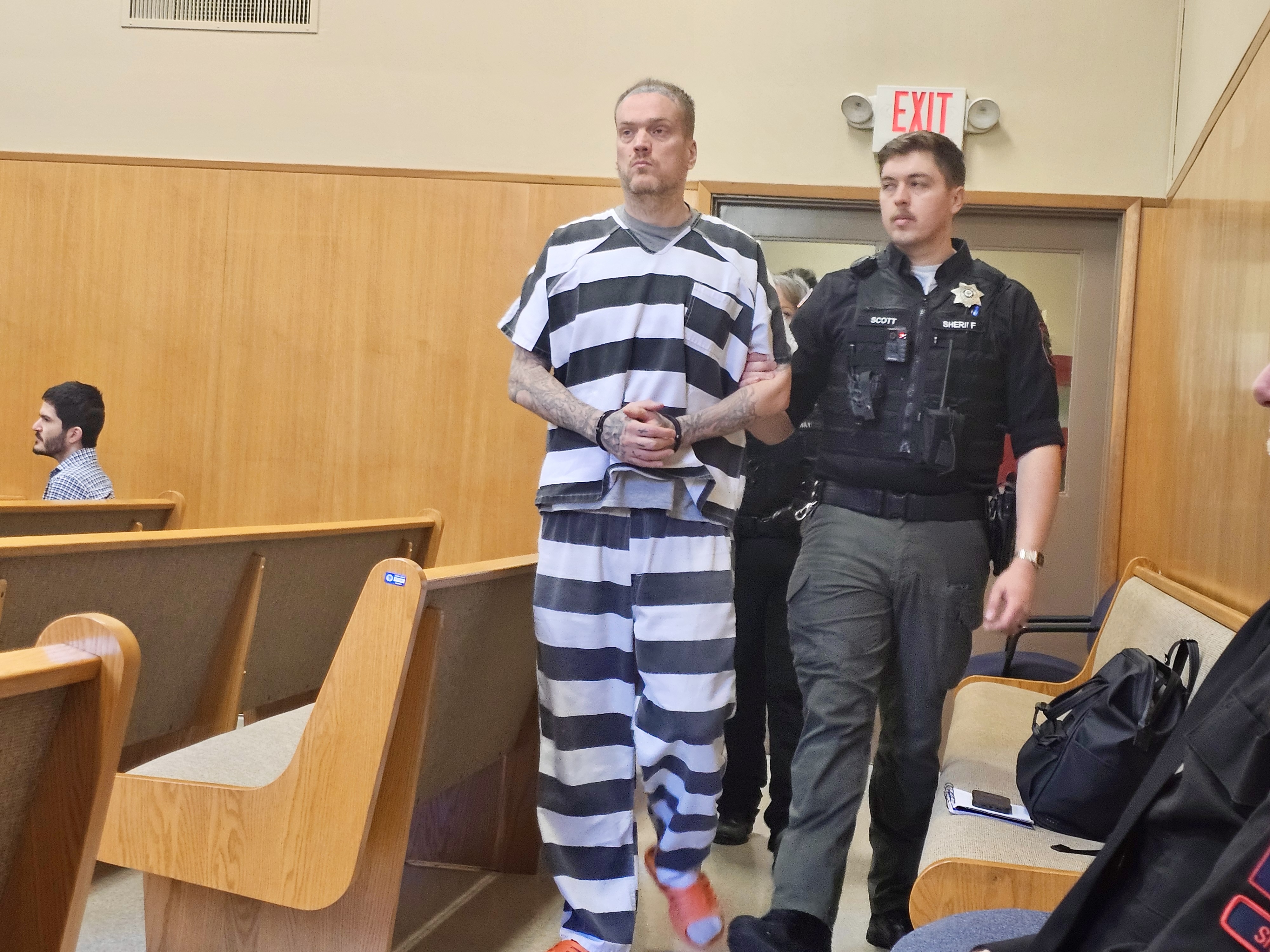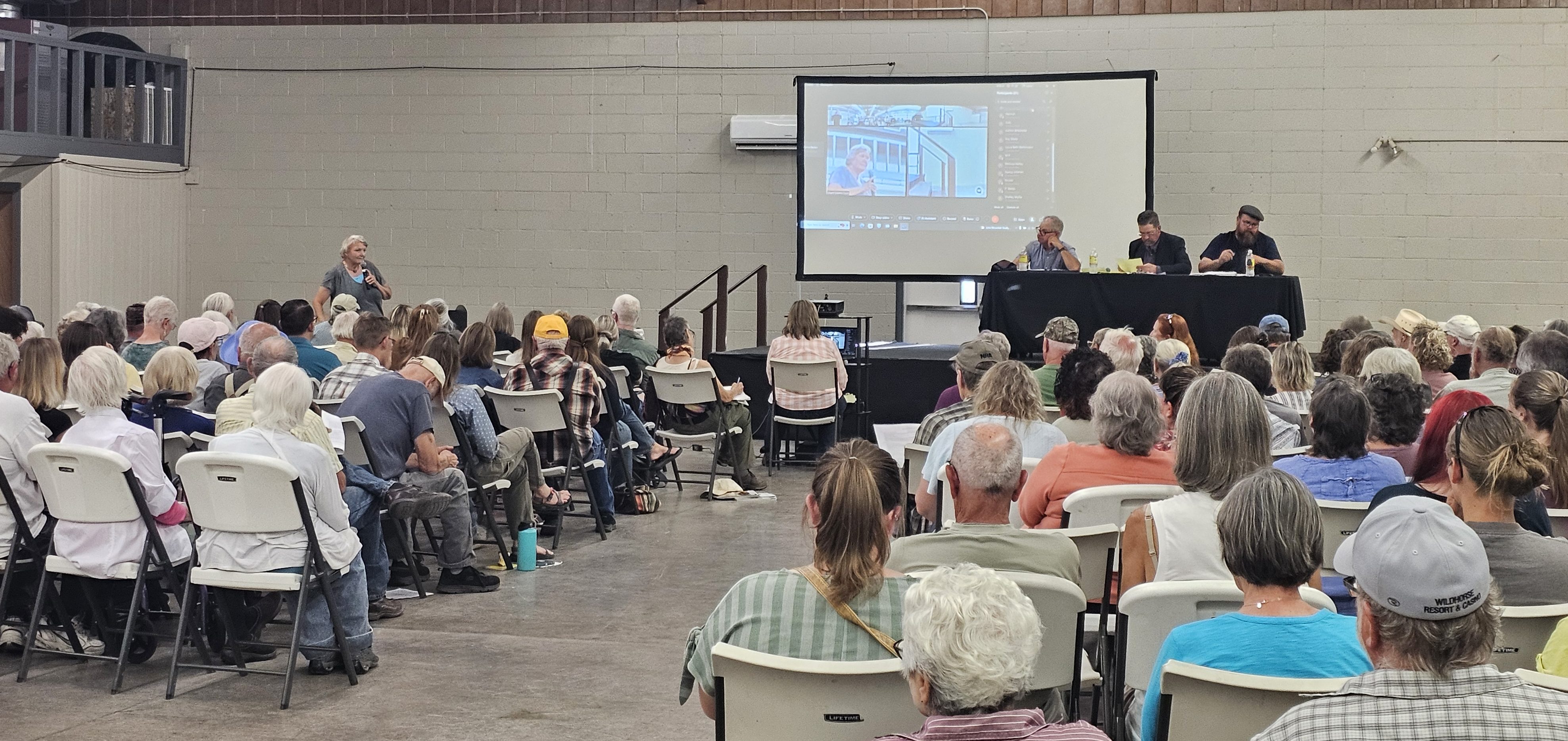News from the homefront: A soldier speaks about his Afghan experience
Published 5:00 pm Tuesday, April 10, 2007
Editor’s Note: Following is a Q&A with Col. Don’ll McBride of the Oregon Army National Guard during his recent duty in Afghanistan.
Trending
Q: What do you do during your free time in Afghanistan?
A: I work on my War College courses. I am enrolled in the U.S. Army War College Distance Learning Program. It is a two-year program that I started in May 2005 and I am in my last year. I have one more online course to go and I also need to finish my research paper by the end of April.
In July I will attend a two-week resident phase in Carlisle, Penn., and graduate with a master’s degree in strategic studies.
Trending
Q: How do you stay in touch with family and friends back home?
A: We have Internet access and can e-mail as often as we want. We also are in the process of installing a DSN phone line so we can make calls on a weekly basis. We have a satellite phone in case there is an emergency back home.
Q: How do Afghans treat Americans?
A: Those I have come in contact with have treated me very well. The average Afghan knows we are there to help improve the security conditions of the country and they are very grateful for that.
Q: How has serving in Afghanistan changed you?
A: I don’t think it has changed me. I am reminded of how important family and friends are when I am feeling lonely. I appreciate receiving e-mails, letters or packages; they certainly brighten my day.
I think I am more resolved that we cannot cut and run in Afghanistan. It would be giving aid and comfort to the enemy, which in turn would encourage them to attack U.S. interests elsewhere.
We are making measurable progress, albeit slowly, and to leave before the Afghans are ready would be a strategic mistake.
Q: What do Americans and Afghans have in common?
A: Driving fast! Afghans love to drive fast and there are no traffic laws to slow them down.
They also resent being told how to live or what to do. They have their cultural idiosyncrasies just like we do, but for the most part driving in downtown Kandahar is just like driving in a city here.
People are trying to get to and from work, school, and the market or going out to eat. They are less worried about security because they are much more secure now than when the Taliban or Russians were there. They are not worried about corruption because it is part of their culture so they don’t view it as a big deal. But just like any American who is out of a job or has a job that doesn’t cover the bills, they are worried about the economy, improving their lives, and the future for their children.
Q: What sacrifices would you like to see Americans make at home during the two wars?
A: Many families have made the ultimate sacrifice and nothing more should or can be asked of them. I believe I am “over there” so American’s don’t have to sacrifice anything.
I would rather fight the enemy in Afghanistan, not Oregon. On the other hand, America needs to collectively decide that we want to win this fight, provide the military the required resources to get the job done, and have the intestinal fortitude to allow us to get it done.
Pulling out before we are finished and giving the country back to the insurgents will have negated all the sacrifices so many have already made.
Q: Do the problems of the Iraq War unduly overshadow the work and successes of the Afghan War?
A: I don’t have the opportunity to watch the news, read any newspapers, nor do I pay any attention to what is going on outside my lane. I am focused on my job and we are making measurable progress in Afghanistan.
Q: What has to happen for America to declare its Afghan involvement a success and head home?
A: In my opinion the Afghan National Security Forces (ANSF), which includes the Afghan National Army and Police, has to be able to secure the country with very little assistance from coalition forces.
I think we will still be involved in Afghanistan long after they are able to secure their borders and the police forces are able to transition to actual police work. But our involvement will also transition from primarily a military one to one with a focus on economic development and sustainment.
The majority of the military will head home and leave the re-building of the country to other government agencies, non-government organizations, and the international community.
Economic development is already started in areas we call Afghan Development Zones (ADZ). Once we secure an area, we are able to start an ADZ. We don’t start a zone in every area we secure because we have limited resources. However, the international community helps by providing funds to re-build areas previously ruined by fighting and neglect.
These development zones are located in populated areas and are providing a much-needed economic boost to the local population. Once a zone is started it is much harder for the insurgents to influence the locals because there are more ANSF in the area and the locals can see that supporting the Afghan government brings prosperity.









